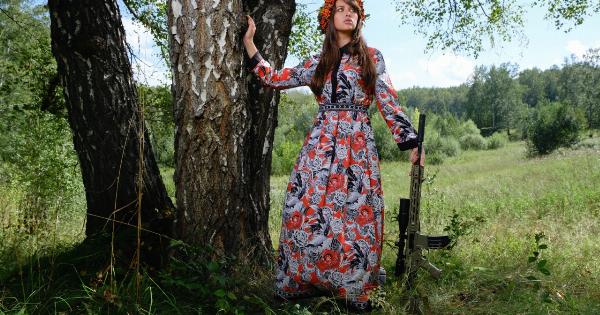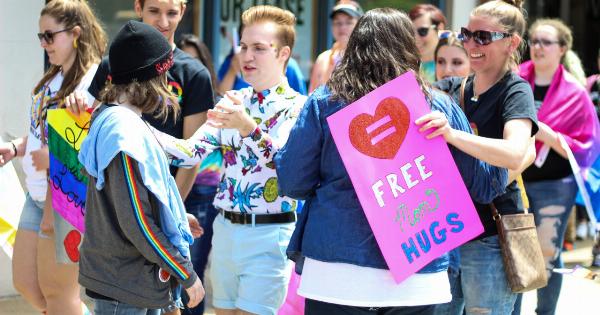Throughout history, there has been a gap between generations. Young people often feel that they are misunderstood by their elders, while older people may view the younger generation as disrespectful and lacking in morals.
The generation gap is nothing new, but why do young people resent the elderly?.
What is the Generation Gap?
The term, “generation gap” refers to the differences that exist between people of different generations. This includes differences in attitudes, values, beliefs, behavior, and even language.
The generation gap is often most pronounced between parents and children, but it can also exist between siblings or between people from different age groups in the workplace.
Why do Young People Resent the Elderly?
There can be many reasons for the generation gap between young people and the elderly. One major factor is the differing experiences between the two groups. Younger people have grown up in a vastly different world than that of their grandparents.
They have different attitudes towards technology, socialization, education, and even relationships.
Another reason for the resentment is the issue of power and control. Young people may feel that they are not given the opportunity to express themselves and to make choices that are important to them.
They may feel that their elders are too controlling and unresponsive to their needs, interests, and concerns.
There is also a perception that older people are prejudiced against the younger generation. Young people may feel that they are being judged based on stereotypes and assumptions that are not relevant to their lives.
They may feel that their elders do not understand their struggles, aspirations, or identity.
What Can be Done to Bridge the Gap?
To overcome the generation gap, both young people and the elderly need to engage in open communication. They need to acknowledge their differences and try to find common ground.
Young people need to be respectful of the experience and knowledge that older people bring to the table, while older people need to be open to new ideas and perspectives from younger people.
Elders can play a crucial role in helping to bridge the gap. They can act as mentors and role models for younger people, sharing their experiences and expertise.
They can encourage and support the younger generation in their pursuits and offer guidance, advice, and encouragement. This will help to create a sense of mutual respect and understanding between the two groups.
Young people can also take steps to bridge the gap with the elderly. They can show respect to older people by acknowledging their wisdom and seeking their advice.
They can also help to break down stereotypes by showing that they are capable of making meaningful contributions to society.
The Benefits of Bridging the Gap
The benefits of bridging the generation gap are many. When young people and the elderly work together, they bring a wealth of experience, knowledge, and perspective to the table. They can collaborate on projects and work together towards common goals.
Young people can learn from the experience and wisdom of their elders, while older people can learn from the energy and enthusiasm of the younger generation.
By bridging the generation gap, we can create a more vibrant society that benefits all age groups.
We can create a world where young people can grow and develop to their fullest potential, while also ensuring that the knowledge and experience of older people is not lost.
Conclusion
The generation gap can be a source of tension and frustration between young people and the elderly. But it is not an insurmountable obstacle.
By acknowledging our differences and working together with mutual respect and understanding, we can bridge the gap and create a more vibrant society for all.


























